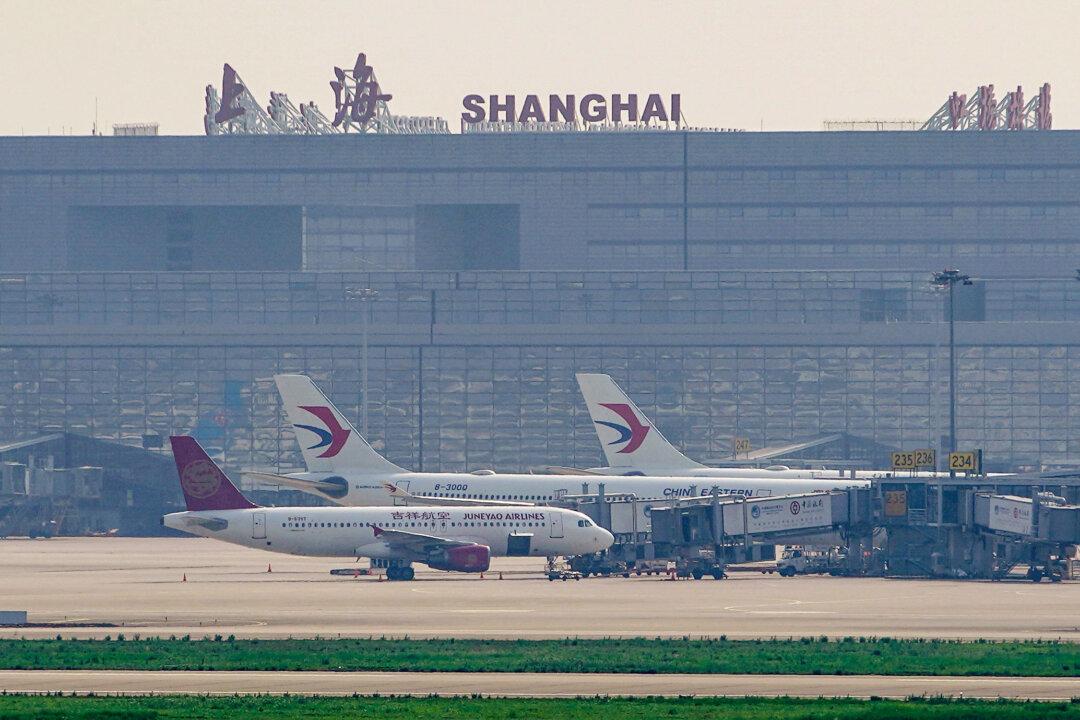China’s three largest airlines, which are state-owned, reported a significant slip in third-quarter profits despite record-high passenger traffic.
Analysts say it’s the result of China’s falling ticket prices amid its ongoing sluggish economy.

China’s three largest airlines, which are state-owned, reported a significant slip in third-quarter profits despite record-high passenger traffic.
Analysts say it’s the result of China’s falling ticket prices amid its ongoing sluggish economy.